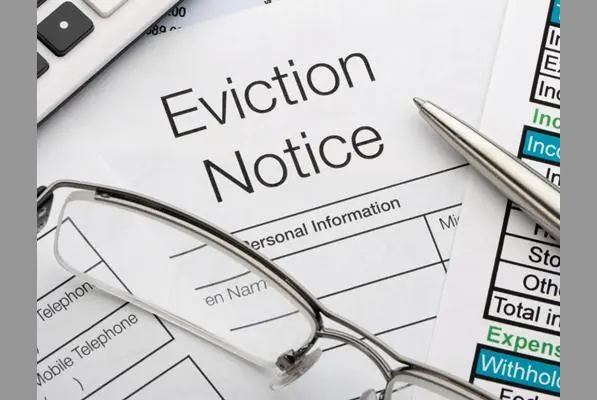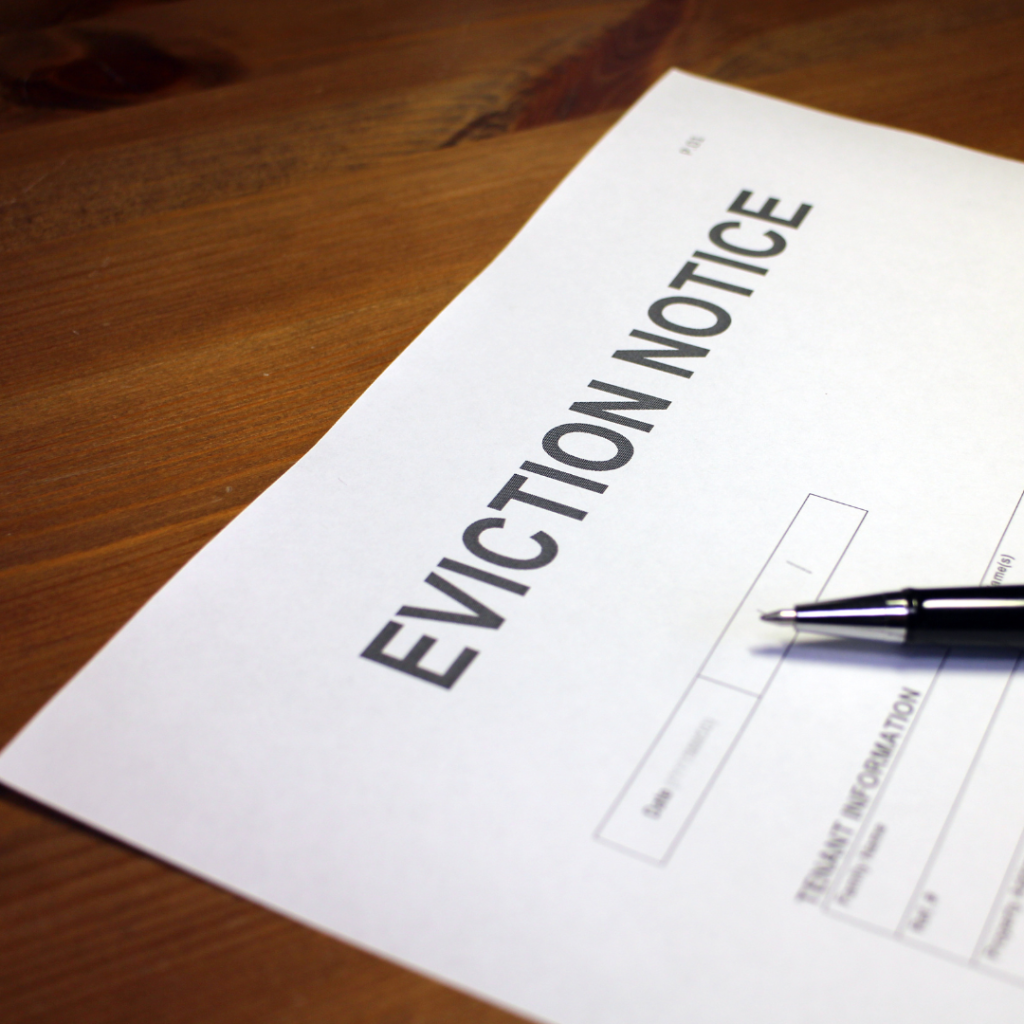Rent Cap Controls in 2025

In our previous blog summarising changes in the Private Rented Sector in 2024 (Private Rented Sector Legal Recap 2024) , we noted that it could be anticipated the ‘tapering’ approach introduced by the Rent Adjudication (Temporary Modifications) (Scotland) Regulations 2024 may be extended beyond the scheduled expiry date of 31st March 2025. However, on 7th February 2025, the Cost of […]
Private Rented Sector Legal Recap 2024

As we approach the end of 2024, it is useful to recap on the events of the last 12 months in the private rented sector in Scotland. Key Changes On 1 March 2024 new measures were added to the Repairing Standard such that existing duties were increased and/or clarified. Here is a link to the […]
Funeral Expenses Payment in Scotland

Today sees the introduction of a new Social Security Scotland benefit to assist those on low incomes to meet the costs of a funeral. The payment, known as Funeral Expenses Payment, can help pay for some of the costs of the funeral (burial/cremation fees, travel to arrange or attend funeral, death certificate & other documents). Up to £700 is […]
Appointment as an Attorney – now what?

The Issue of ‘Reasonableness’ When Considering Whether an Eviction Order Should be Granted

There have been a number of recent appeal decisions from the Upper Tribunal dealing with the issue of ‘reasonableness’ when considering whether an eviction order should be granted. In one decision, Sheriff Collins, KC, in a case where the tenant had put forward no “defence” emphasised that the granting of an eviction order is still […]
Dealing with Anti-Social Tenants

Social landlords will regularly be faced with anti-social behaviour (ASB) by tenants. This article outlines some options to tackle ASB, where internal policies have been exhausted and there has been no improvement in the tenant’s behaviour. Anti-Social Behaviour Orders (ASBO) An Anti-Social Behaviour Order (ASBO) is a preventative measure that can be taken to […]
Expiry of the Eviction Moratorium: What’s Next?

At the end of this month, the eviction moratorium introduced by the Cost of Living (Tenant Protection) (Scotland) Act 2022 (the 2022 Act) will come to an end. But what is the practical impact for private landlords? Since its introduction in October 2022, the eviction moratorium has not “banned” evictions. Instead, it has operated to […]
Appointment as an Attorney – now what?

Appointment as an Attorney – now what?

Anyone accepting the role of an Attorney is accepting a position of trust. You have been appointed by the granter of the Power of Attorney (POA) to effectively step in their shoes and make decisions on their behalf when they can no longer do so themselves. If called upon to take up the role as […]
The Trust and Succession (Scotland) Bill – what are the main aims?

Scotland’s trust law is over 100 years old and is to be updated to bring it in line with modern practices. The Trust and Succession (Scotland) Bill is currently working its way through the Scottish Parliament. There are 3 stages towards turning a bill into an Act: The Bill is in two parts as follows: […]